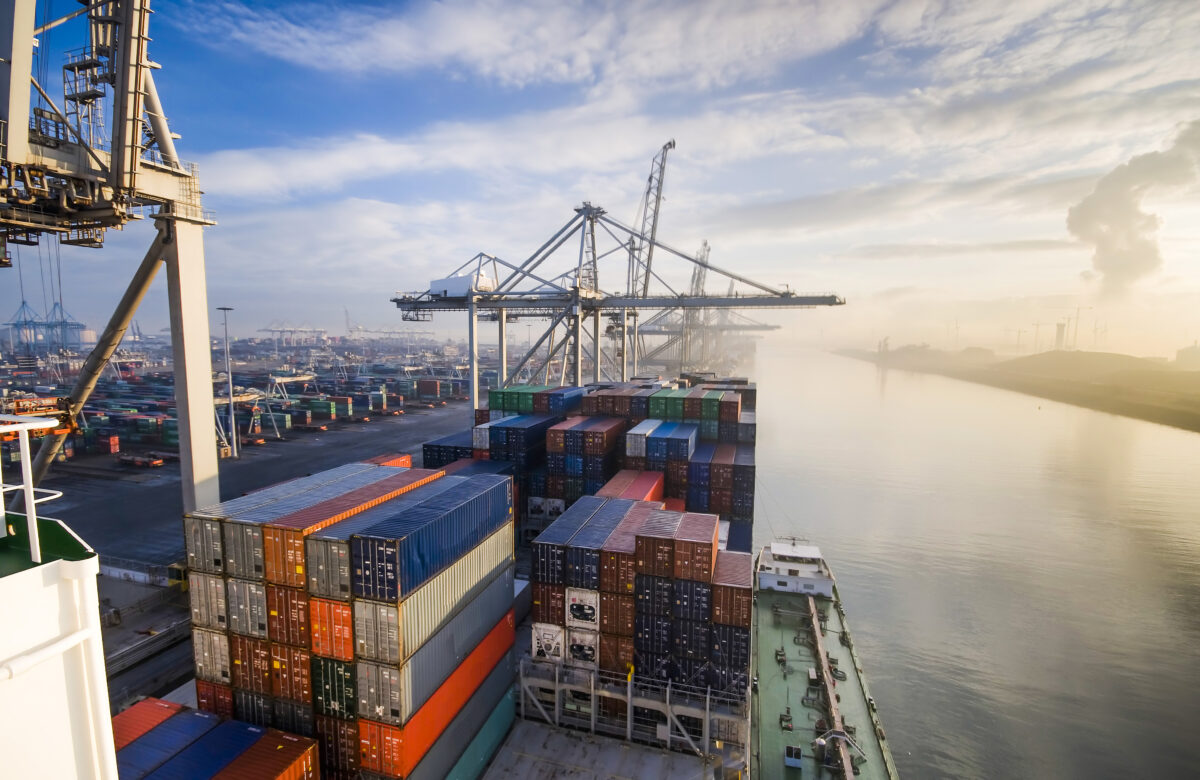In 23 June 2016, Great Britain voted in favour of the Brexite. A withdrawal from the EU will now take place. The consequences for companies may be considerable. In addition to changes in the free movement of workers and the need for work permits, trade in goods between Britain and the European Union will probably also be significantly affected.
In particular with regard to customs and value-added tax after Brexit, companies must take account of innovations. However, the consequences of Brexit will only take effect with the actual date of the actual withdrawal, not with the referendum.
Great Britain maintains intensive trade relations with the EU. In this respect, distortions can be expected in this area. Exports to the EU account for 45% of goods and services (£230 billion) and 53% of imports (£289 billion).
Companies exporting goods to or sourcing from the UK must now ask themselves the following questions:
- Do I have to pay Brexit duty on import into England, Scotland or Wales?
- Will the United Kingdom rejoin the EU’s internal market?
- Are deliveries to Great Britain exempt from VAT?
- Can I still report deliveries to Great Britain in the summary report to the tax office?
- Can ATA carnet continue to be used after Brexite in relation to the United Kingdom?
New tariffs for trade with Great Britain conceivable
The biggest problem for companies is likely to be that trade in goods could be restricted again. The loss of EU membership could also mean that access to the EU internal market could be lost. Within the internal market, goods can move freely between countries without any formalities or customs duties. Ultimately, it is nothing more than a huge free trade area.
In principle, access to the internal market is linked to EU membership. As a result of the loss of membership, goods exported or imported into the United Kingdom will have to be cleared back at customs after Brexit. It is also conceivable that the EU will reintroduce duties for goods from England, Scotland or Wales after the Brexite. At an average duty rate of about 4%, companies may incur significant additional costs. Import sales tax would also have to be paid on these goods again.
Whether Britain will introduce tariffs for exports from the EU after the Brexit or, conversely, the EU for imports from the United Kingdom will have to wait and see. In any case, WTO law prohibits discriminatory or punitive duties. According to the most-favoured-nation principle, trade benefits granted to one contracting party must be granted to all contracting parties on an equal footing. Trade concessions should therefore not be granted only to individual or a few countries. It is therefore not to be expected that exorbitant tariffs will be imposed by the EU on imports from the UK – to a certain extent as a punishment for the Brexite.
However, it is conceivable that anti-dumping duties will be imposed on products from the United Kingdom. For example, in 2005 the EU imposed a 16% anti-dumping duty on Norwegian salmon. The same could happen for products from the United Kingdom. However, a strictly formalised procedure must be followed and there must indeed be price dumping.
Free trade agreement between UK and EU conceivable?
However, it is also conceivable that the UK will conclude a new agreement with the EU that will continue to allow access to the internal market. Whether such an agreement, or also a free trade agreement between the EU and Great Britain after the Brexit is really wanted on the part of the EU, may however be judged as doubtful. On the other hand, Britain is an important economic power, so the EU has a natural interest in not disrupting post-British trade.
It is also conceivable that Britain could join the European Free Trade Association (EFTA). The country was a founding member some time ago before deciding in favour of the European Economic Area. However, as EFTA does not have a free trade agreement with the EU, this option is unlikely to be of interest to the UK.
However, companies will also have to make changes in customs clearance. Anyone who had used English customs agents, imported tariff information from Great Britain via England or used binding tariff information from Great Britain will probably also have a need for action here.
New trade agreements are needed
It will also have to wait and see how the United Kingdom will make changes with regard to trade agreements. So far, countries have benefited from numerous trade agreements concluded by the EU. These include in particular the free trade agreements with Switzerland and South Korea. An agreement was last concluded with Canada and an agreement is currently being negotiated with the United States (TTIP). Access to these markets would then no longer be possible under the existing free trade agreements, at least they would probably have to be renegotiated.
The existing preferential agreements will also probably no longer be usable without renegotiation, so they would also have to be concluded again. Only in this way would it be possible to continue to guarantee tariff preferences for companies importing into the UK.
In this respect, Britain would have to conclude new bilateral agreements with many countries or at least renegotiate the existing agreements.
Changes in value added tax law according to Brexit
Until now, deliveries to Great Britain were so-called intra-Community deliveries which were exempt from VAT. However, when the Brexite takes effect, it will be treated as an export to the territory of the third country. Deliveries made between several parts of the company in Germany and the UK will also no longer be regarded as intra-Community movements. A customs and VAT declaration will be required. The regulations for third countries will then also apply to the reimbursement of input tax.
Carnet ATA after the Brexite
Questions have also arisen in practice regarding the further use of Carnet ATA for Great Britain. However, as the UK remains a member of the EU, ATA carnet can still be issued in the same way as before. The United Kingdom will also continue to issue ATA carnet despite Brexite as long as the country has not actually leaked.
Transition period for the brexite
It is not yet possible to predict exactly how the situation will develop for companies and which measures will be taken. Following the Brexit decision, a formal application for withdrawal from the EU must first be submitted to the European Council. Subsequently, a two-year transition period will begin, during which the decisive changes will be shaped. Affected companies should keep a close eye on developments.
”Do
Dieser Artikel wurde am 9. August 2018 erstellt. Die fachliche Zweitprüfung hat Rechtsanwalt Dr. Tristan Wegner durchgeführt.

